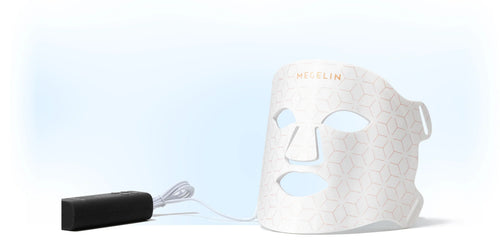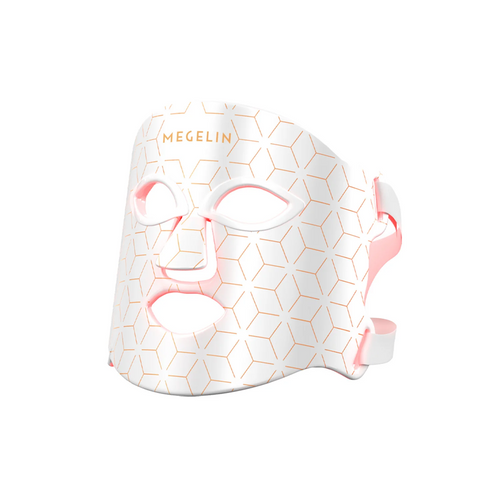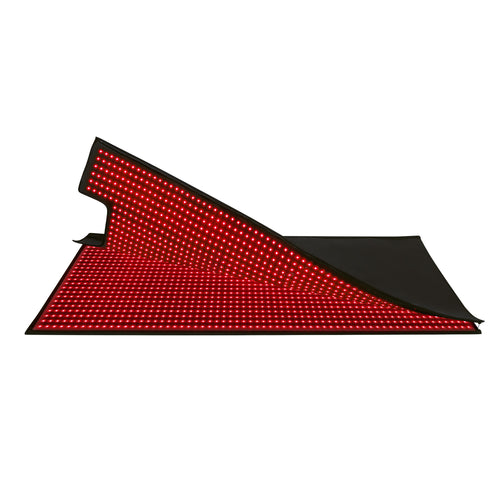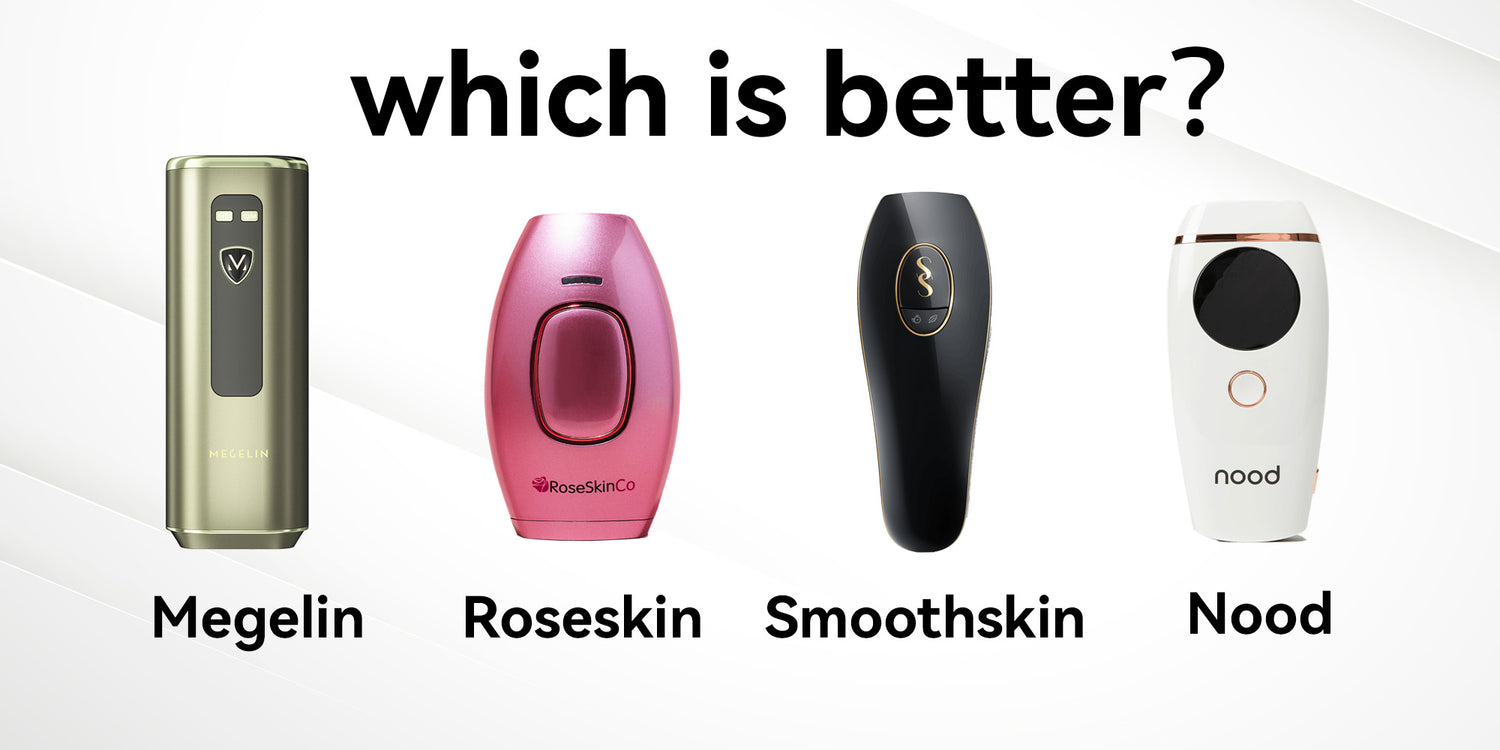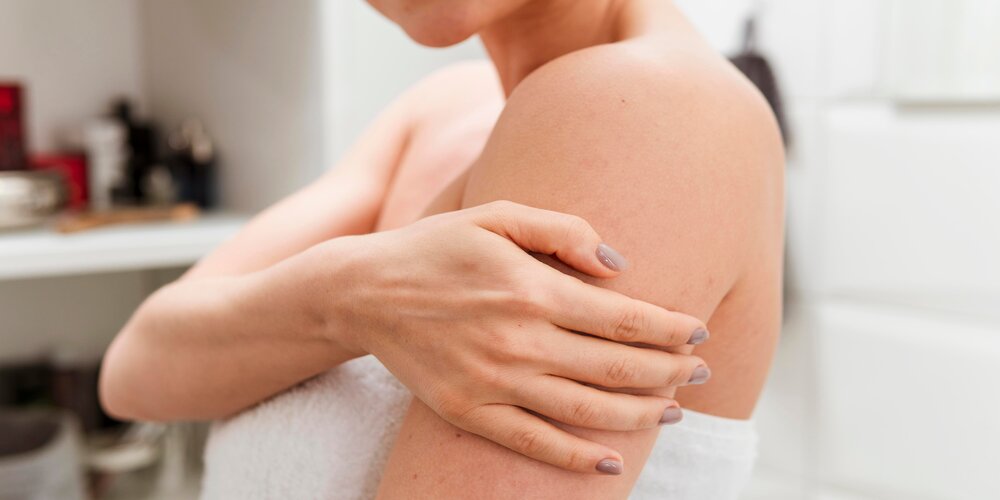
How to Reduce Skin Inflammation: Proven Methods and Tips
2MegelinSkin inflammation can be a frustrating and uncomfortable condition that affects millions of people worldwide. It manifests in various forms, from redness and swelling to itching and pain, often causing distress and impacting daily life. Understanding how to reduce skin inflammation is crucial for maintaining healthy, comfortable skin and improving overall well-being.
This article delves into proven methods and tips to alleviate skin inflammation, exploring natural remedies, medical treatments, and innovative therapies like red light therapy. Readers will gain insights into the causes of skin inflammation, learn effective strategies to reduce it naturally, and discover the benefits of cutting-edge treatments for improving skin texture and reducing redness. By the end, they'll have a comprehensive toolkit to address skin inflammation and promote healthier, calmer skin.
Understanding Skin Inflammation
Skin inflammation, also known as dermatitis, is a common condition characterized by irritation or swelling of the skin. It can manifest in various forms, ranging from mild redness and itching to severe rashes, blisters, and pain.
Common Causes
Skin inflammation has numerous causes, including:
- Irritants: These can damage the skin's natural barrier and trigger an immune response.
- Allergens: Substances like certain foods, medications, or cosmetics can cause allergic reactions.
- Autoimmune conditions: Disorders such as psoriasis or lupus can lead to skin inflammation.
- Infections: Bacterial, viral, or fungal infections can cause skin irritation.
- Environmental factors: Sun exposure or heat can trigger inflammation in some individuals.
Symptoms to Watch For
Common symptoms of skin inflammation include:
- Redness and swelling
- Itching, burning, or stinging sensations
- Rashes that may be smooth, scaly, or raised
- Blisters or pimples
- Cracked or raw areas of skin that may bleed
When to See a Doctor
It's crucial to consult a healthcare professional if:
- The rash covers more than 10% of your body or spreads rapidly.
- You experience fever, joint aches, or difficulty swallowing.
- The inflammation persists for more than a couple of weeks.
- You notice signs of infection, such as oozing pus or red streaks.
- The rash appears suddenly and is accompanied by difficulty breathing, which may indicate a severe allergic reaction.
Red Light Therapy for Skin Inflammation
Red light therapy is an emerging and promising treatment for skin inflammation. This non-invasive therapy uses specific wavelengths of light to penetrate the skin, promoting cellular repair and reducing inflammation. Red light helps stimulate the production of collagen and enhances blood circulation, which aids in the reduction of redness, swelling, and irritation. It's particularly effective for conditions like psoriasis and eczema, where chronic inflammation is a significant concern.
Incorporating red light therapy into your skincare routine can provide long-term relief and improve skin health by accelerating the healing process and reducing the frequency of flare-ups. It's a safe and gentle option for those looking to manage inflammation without harsh chemicals or medications.
Natural Remedies for Reducing Inflammation
Dietary Changes
An anti-inflammatory diet can significantly reduce skin inflammation. Foods rich in omega-3 fatty acids, such as salmon, sardines, and chia seeds, have potent anti-inflammatory properties. Dark green leafy vegetables, beetroot, and blueberries are excellent sources of antioxidants that combat inflammation. Whole grains have been shown to lower C-reactive protein levels by up to 38% compared to refined grains. However, it's crucial to avoid pro-inflammatory foods like sugar, refined carbs, and processed meats.
Topical Solutions
Applying cool, wet compresses or wraps can help soothe irritated skin. Ointments and creams can prevent dry, cracked skin, while tea tree oil has anti-inflammatory and antimicrobial properties that may effectively treat seborrheic dermatitis. Taking warm oatmeal baths can also provide relief, as oatmeal has anti-inflammatory components that shield against irritants.
Lifestyle Modifications
Simple lifestyle changes can also make a significant difference. Staying hydrated, managing stress, and getting enough sleep can all contribute to healthier skin. Regular exercise boosts circulation and helps to flush out toxins that may contribute to inflammation.
Conclusion
Managing skin inflammation effectively requires a multifaceted approach. By incorporating natural remedies like an anti-inflammatory diet, topical solutions, and innovative treatments like red light therapy, you can significantly reduce symptoms and improve overall skin health. Consider these strategies to achieve calmer, healthier skin and enhance your quality of life.



